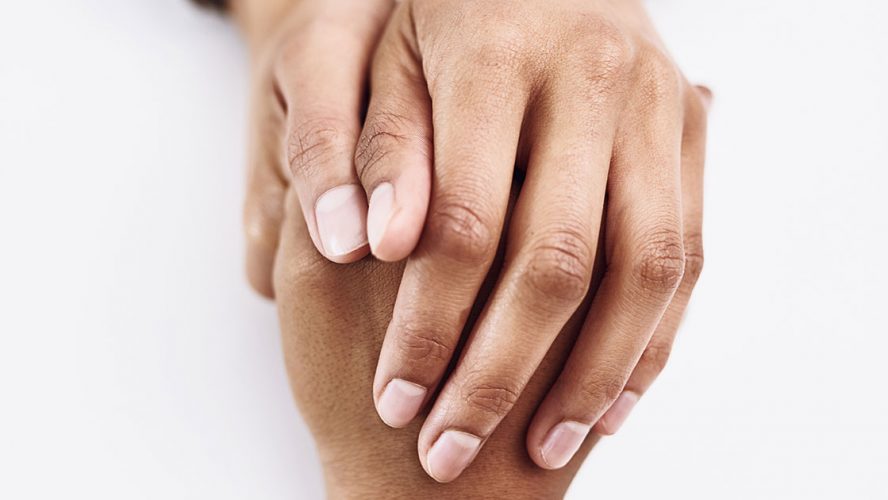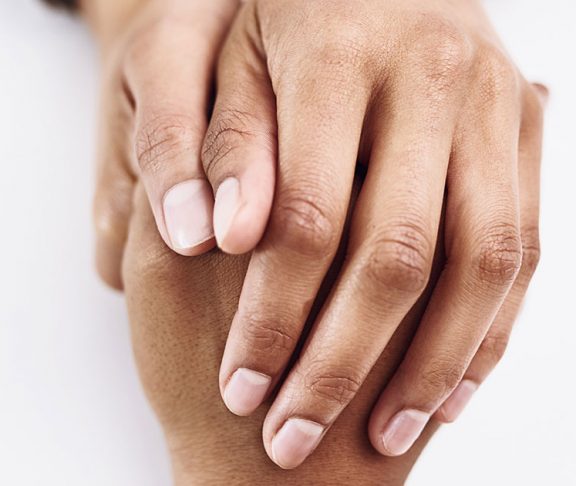Getting a cancer diagnosis can be devastating. Thoughts like “Will I die?” or “How do I tell my family?” can consume your head. But you are not alone.
1. What’s First?
Learn about your cancer type. This will alleviate some of the stress and confusion you might feel. Start by going to organizations such as the American Cancer Society information. Remember that some information on the web may be inaccurate. If you have specific questions, don’t be afraid to contact your cancer team.
Next, make sure to find doctors and treatment centers that offer the best treatment. Your doctor may provide referrals to an oncologist or cancer center, or you can ask friends and family about cancer doctors they recommend. You should also research treatment options and side effects and ask your health care team questions about both.
Importantly, young adults who are diagnosed with cancer may face risks to their fertility as a result of treatment. If you’re a young adult facing cancer, talk to your medical team about how you can preserve your fertility. LIVESTRONG Fertility is an excellent resource for helping patients understand fertility risks and options and has saved patients more than $46 million in fertility expenses.
2. How to Deal with Fears and Emotions
Fear, anger, sadness and anxiety are common emotions to experience after a diagnosis. It is also helpful to find ways to manage feelings of sadness and anger and recognize symptoms of depression. Strong support systems are helpful when dealing with these personal challenges, particularly counselors and emotional support groups. CancerCare is a non-profit that provides free emotional counseling sessions and support groups. Imerman Angels is a non-profit that matches cancer patients and caregivers with other cancer patients, survivors and caregivers.
3. Addressing Financial Concerns
Wondering how you’re going to afford treatment can be a real concern. First, make sure you understand what your health insurance covers and doesn’t cover. The best way to do this is by calling your carrier and discussing your options.
If you don’t have insurance, there are ways to get covered including Medicare, Medicaid and Disability benefits, veteran benefits, community services, your partner’s insurance or by purchasing your own plan. If these are not possible, try calling United Way 211, searching for low-income health care in your city, contacting nearby cancer organizations and asking about payment options, or asking your friends and family for help.

